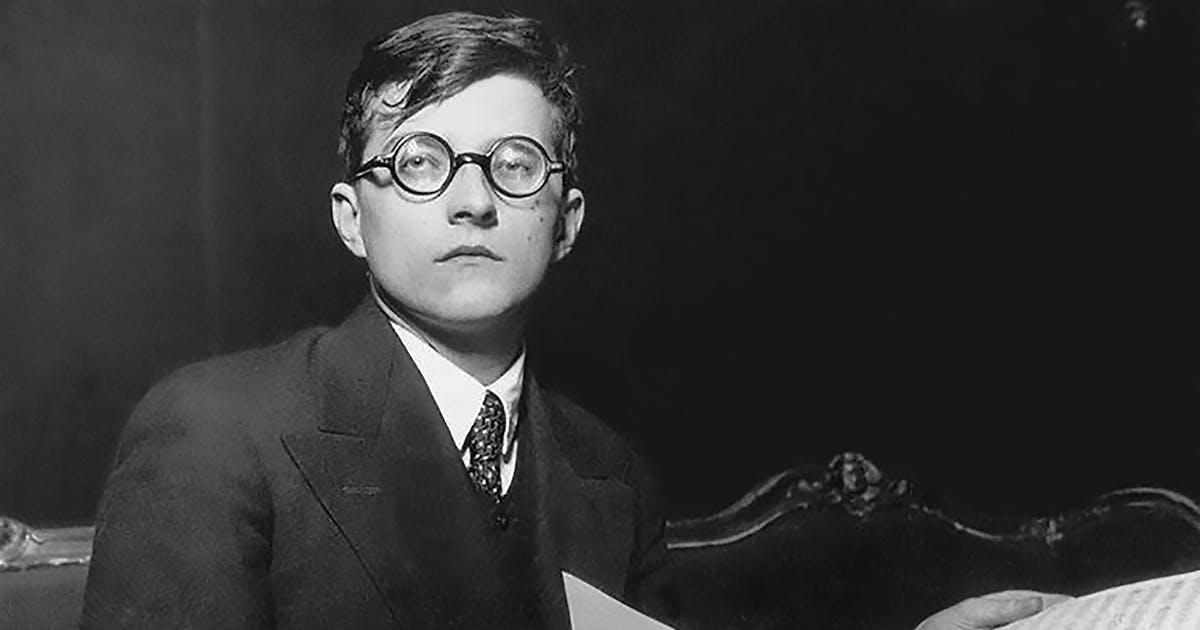Dmitri Shostakovich, one of the most renowned composers of the 20th century, led a fascinating life filled with creativity and controversy. Here are five fun facts about this musical genius:
- Secret Codes in His Music:
Shostakovich was known for incorporating hidden meanings in his compositions as a form of subtle protest against the Soviet regime. In his Symphony No. 5, for example, he cleverly encoded a satirical critique of the oppressive government while maintaining an outwardly patriotic façade. Listeners discovered these coded messages only after Stalin’s death.
- Piano Virtuoso:
Apart from composing, Shostakovich was an accomplished pianist. He often performed his own piano concertos, displaying his exceptional skills as both a composer and performer. His interpretations of his own works were highly regarded for their emotional depth and technical brilliance.
- Football Fanatic:
Shostakovich had a surprising passion for football (soccer). He was an avid fan of the sport and actively followed the local teams in Leningrad (now St. Petersburg), attending matches whenever possible. Football provided a temporary escape from the pressures of his musical career and allowed him to enjoy a different kind of excitement.
- Love for Film:
Shostakovich had a profound influence on the Soviet film industry. He composed music for more than 30 movies, including famous collaborations with acclaimed director Sergei Eisenstein. His scores added depth and emotion to the on-screen narratives, contributing significantly to the overall impact of these cinematic masterpieces.
- High Honors:
Despite facing official condemnation during the height of Stalinist repression, Shostakovich received numerous awards and honors throughout his career. He was bestowed with prestigious accolades such as the Lenin Prize and the Stalin Prize, recognizing his immense talent and contribution to Soviet culture. These honors, however, came with complex implications given the political climate of the time.
Dmitri Shostakovich’s life and music continue to captivate audiences worldwide. His ability to infuse his works with hidden meanings, his diverse talents, and his ability to navigate the challenging political landscape of his era all contribute to his enduring legacy as a fascinating figure in the world of classical music.


Comments are closed